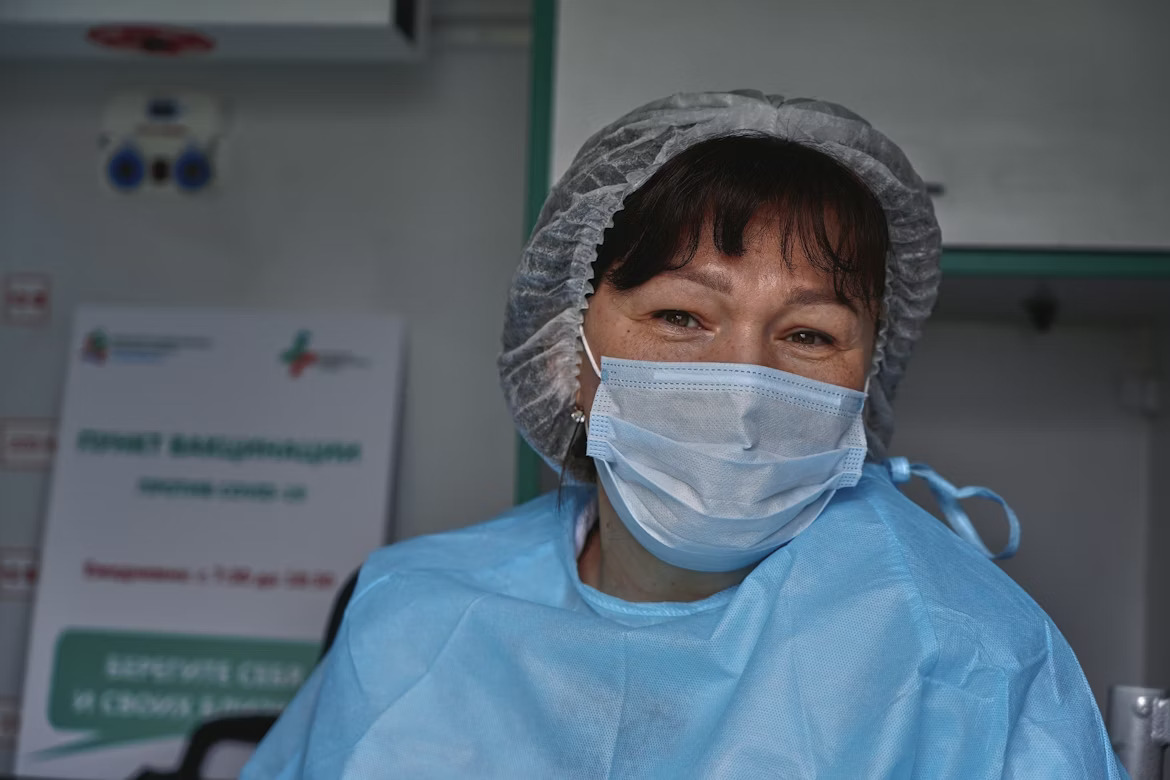Surgical tech preceptors play an essential role in the operating room, serving as mentors, educators, and role models for surgical technologists entering the field. These professionals not only uphold clinical standards but also guide others to develop safe, effective habits and critical thinking skills that align with the fast-paced surgical environment. As the bridge between academic knowledge and real-world performance, surgical tech preceptors are key to shaping the next generation of surgical support professionals.
However, becoming an effective preceptor takes more than clinical experience—it demands a unique set of teaching, leadership, and interpersonal skills. Whether you’re new to precepting or looking to elevate your mentorship capabilities, here are nine foundational skills every surgical tech preceptor needs to succeed.

1. Completion of a Surgical Tech Preceptor Bootcamp
The most important first step in developing the skills needed to become a surgical tech preceptor is enrolling in a dedicated preceptor bootcamp. These programs are designed to provide surgical technologists with the tools and training necessary to shift from a support role into an educator and mentor role. A preceptor bootcamp typically includes modules on adult learning theory, conflict resolution, clinical evaluation, and effective feedback strategies.
This structured approach ensures that preceptors understand not just the what of teaching, but the how and why. It prepares participants to manage different learning styles, assess competencies objectively, and model best practices in both surgical technique and professional behavior. For those serious about becoming impactful mentors, a surgical tech preceptor bootcamp is the essential starting point.
2. Clinical Expertise and Technical Competence
A surgical tech preceptor must be an expert in the clinical setting. This means having advanced knowledge of sterile technique, surgical instruments, procedural steps, and OR protocols across a wide range of specialties. Learners will look to their preceptor for clarification and reinforcement, so the ability to model correct technique under pressure is vital.
Technical confidence allows preceptors to focus more on their teaching role while maintaining patient safety. It also boosts credibility with new surgical techs and fellow OR staff. Clinical expertise isn't static, so top preceptors also commit to lifelong learning in their work setting, staying up to date with new surgical tools and evolving standards of practice.
3. Effective Communication
Clear, consistent communication is crucial in both the OR and in educational settings. Preceptors must be able to explain complex tasks, provide constructive feedback, and answer questions without causing confusion or frustration. They also need to communicate effectively with other members of the healthcare team to create a supportive environment for learners.
Good communication goes beyond instruction—it includes active listening, nonverbal cues, and the ability to adjust tone and delivery based on the learner’s needs. A surgical tech preceptor who can communicate calmly, clearly, and respectfully will build trust and help reduce the anxiety often felt by new surgical technologists in training. These same skills also increase the chance that a surgical tech preceptor can further advance their career in healthcare.
4. Patience and Emotional Intelligence
Preceptors work with individuals who are at different stages of learning and may make repeated errors. Responding with patience rather than frustration is essential to creating a safe space for learning. Emotional intelligence allows preceptors to interpret a student’s stress levels, frustrations, or insecurities and respond appropriately.
Emotionally intelligent preceptors demonstrate empathy, regulate their own reactions, and encourage resilience. They know how to challenge learners without overwhelming them and can detect when a student needs additional support or a different instructional approach. This human-centered approach is key to promoting growth and confidence.
Our Surgical Tech Preceptor Bootcamp is your path to making a lasting impact in surgical education.
5. Teaching and Instructional Skills
Knowing how to do the job is not the same as knowing how to teach it. Surgical tech preceptors must understand adult learning principles, including how to break down complex tasks, use visual aids, provide step-by-step instructions, and evaluate performance objectively. Teaching skills also involve knowing when to step back and allow learners to try on their own.
Instructional skill also includes being able to adapt your teaching strategy based on the learner’s progress. A successful preceptor can identify what motivates each student, when to offer hands-on guidance, and when to give space for independent growth—all while ensuring that safety and standards are upheld.
6. Constructive Feedback and Evaluation
Feedback is one of the most powerful tools a preceptor can offer—but it must be done correctly. Surgical tech preceptors need to provide timely, clear, and constructive feedback that helps the learner improve without damaging their confidence.
This involves a combination of praise for what is done well and guidance on what needs improvement, often referred to as the “feedback sandwich.” It also includes documenting learner progress and offering formal evaluations that align with clinical standards. Strong preceptors take the time to explain why something needs improvement and offer actionable suggestions.

7. Leadership and Role Modeling
In the high-stakes environment of surgery, leadership qualities make a major difference. Preceptors must not only lead their learners, but also lead by example for the entire surgical team. This means showing professionalism, punctuality, collaboration, and composure under pressure.
Good preceptors model what it means to be an excellent surgical tech—how to interact with surgeons, handle stress, resolve conflict, and maintain a patient-first mindset. These leadership traits help learners understand the behavioral and ethical expectations of the role beyond the technical duties.
8. Time Management and Organization
Balancing the responsibilities of patient care and teaching requires exceptional time management. Preceptors need to prepare the learner for the day’s procedures, explain expectations, and make time for post-case discussions—all while staying on schedule in a fast-paced OR.
Organizational skills also apply to tracking student progress, preparing teaching tools, and coordinating with supervisors or academic institutions. An effective preceptor stays ahead of the curve by anticipating what their learner needs and planning accordingly, ensuring that education doesn’t get lost in the rush of clinical duties.
9. Adaptability and Problem-Solving
No two days in the OR are exactly the same—and neither are two learners. A surgical tech preceptor must be adaptable, able to respond to changing surgical demands, shifts in workflow, or a student’s evolving strengths and challenges.
When something goes wrong or a student struggles to grasp a concept, preceptors must think on their feet to adjust the teaching plan or find new ways to explain a task. Being flexible and solutions-oriented allows preceptors to handle challenges without derailing the learner’s confidence or the OR’s efficiency.
Find a Future in Allied Health Today
Being a successful surgical tech preceptor is about more than technical know-how—it’s about having the teaching, leadership, and emotional intelligence needed to mentor others effectively. These nine core skills provide the foundation for building confident, competent surgical technologists who can thrive in any OR environment.
Whether you’re looking to transition into a precepting role or enhance your current approach, developing these skills will make you a more effective and impactful mentor.
Health Tech Academy is a premiere online healthcare bootcamp provider, offering a variety of allied health bootcamp programs—including a Surgical Tech Preceptor Bootcamp. If you're ready to elevate your career and become a skilled, confident mentor in the OR, Health Tech Academy offers the tools, training, and support to help you succeed.


